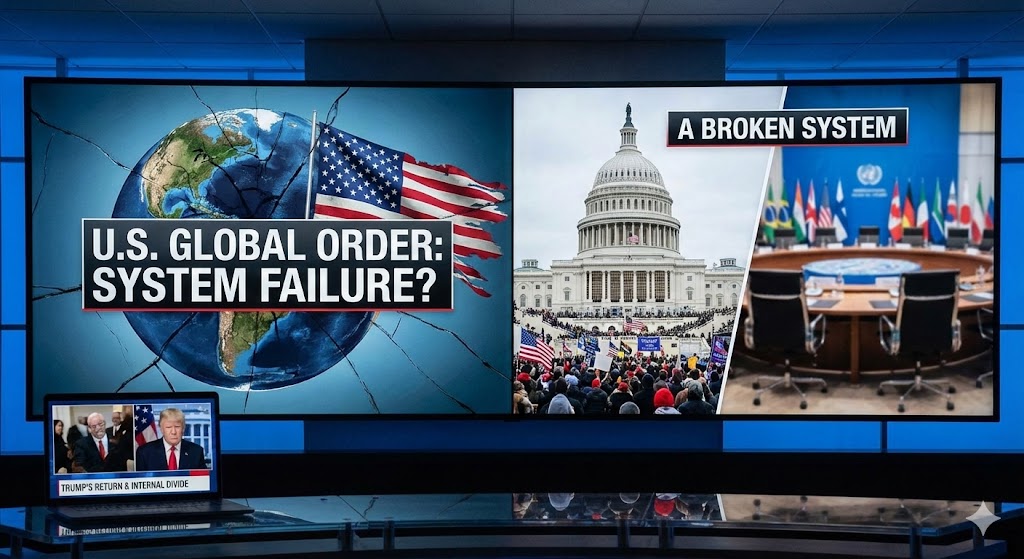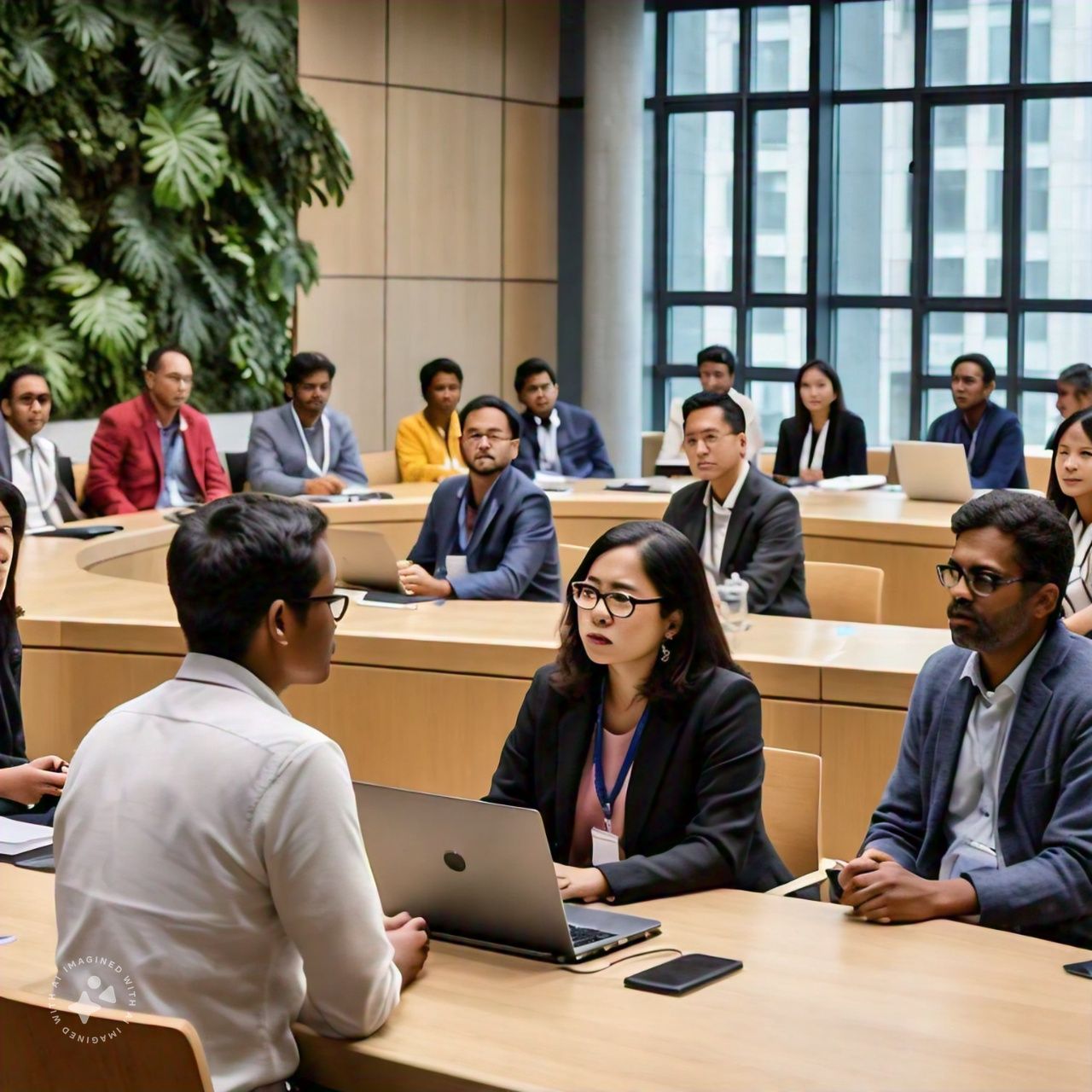The Global South, encompassing emerging economies predominantly in Asia and Africa, has increasingly become a significant player in global politics, reshaping the dynamics that have traditionally favored Western powers. Key countries such as China, India, Brazil, and South Africa are driving this shift, bolstered by their growing economic and political clout. This transition prompts a reevaluation of established alliances and power structures, as the rise of these emerging economies signals a shift in the center of global political gravity. As they assert their influence on the world stage, new perspectives and interests come into play, enhancing the narrative of a multipolar world.
Economic Growth Indicators in Asia and Africa
Asia, with powerhouse nations like China and India, has experienced rapid economic growth, significantly contributing to global GDP levels. Data indicates that China’s economy alone accounts for a substantial share of global output, while India is forecasted to become one of the top three economies in the world in the coming decades. Meanwhile, Africa is showcasing its economic potential across multiple sectors, including technology, agriculture, and natural resources. This growth not only transforms the economic landscape in these regions but establishes them as vital contributors to the global economy, leading to increased investment and collaboration on various fronts.As intra-regional trade among African nations rises, the potential for mutual economic support strengthens the continent’s position in the global market. Initiatives like the African Continental Free Trade Area (AfCFTA) aim to enhance trade, encouraging economic integration and cooperation among African states.
Shift in Geopolitical Alliances and Partnerships
The shifting political landscape is characterized by new geopolitical alliances that deviate from traditional Western-centric models. Countries in the Global South are cultivating relationships based on mutual benefit and cooperation, moving away from past dependencies. This diplomatic evolution is exemplified by multilateral forums prioritizing inclusive dialogue and collaborative problem-solving, further diminishing the historical dominance of Western powers. As these nations unite to address shared challenges, their collective voice gains strength, influencing global policies.
Influence of BRICS Nations on Western Dominance
The BRICS nations (Brazil, Russia, India, China, and South Africa) exemplify the collective power of the Global South in challenging Western influence. These nations advocate for reforms in global governance institutions to better represent current dynamics. Through collaboration, they emphasize economic cooperation, cultural exchanges, and political solidarity, directly challenging established postures of Western hegemony.
Role of Technology in Power Dynamics
Technology plays a crucial role in enhancing the Global South’s power dynamics. Innovations in communication and information technology enable these nations to leverage their capabilities more effectively on the global stage. Startups and tech hubs emerging in regions like Africa not only bolster local economies but also set trends that influence global tech markets, facilitating a more balanced and diverse global marketplace. This technological advancement fosters greater connectivity among Global South countries, thereby enhancing intra-regional trade and collaboration.
Africa’s Potential as a Key Player
Africa, characterized by its vast resources and youthful demographic, holds significant potential as a key player in the evolving geopolitical landscape. The continent’s commitment to sustainable development and its wealth of resources position it favorably in both regional and global conversations. As African nations continue to unify in pursuit of shared goals, their collective voice is increasingly difficult for global powers to disregard. Enhanced cooperation among these nations in various sectors, including trade and investment, presents an opportunity for Africa to assert its influence more prominently on the world stage.
Challenges Faced by the Global South in Asserting Influence
Despite the promising developments, the Global South faces several challenges in asserting its influence on the world stage. Political instability, economic disparities, and infrastructural deficits present significant hurdles to progress. Moreover, the lingering legacies of colonialism and neocolonialism complicate these nations’ efforts to forge a distinct identity in international politics.
Future Projections for Global Political Landscape
Looking ahead, projections for the global political landscape suggest an increasingly multipolar world, with the Global South poised to play a pivotal role. As economic power continues to shift, the influence of Western powers may diminish, paving the way for a more diverse political discourse. This evolution holds potential for enhanced collaboration, innovation, and economic partnerships, particularly through strengthened internal trade connections among Global South nations. Ultimately, these dynamics are set to reshape the fabric of international relations for years to come.









